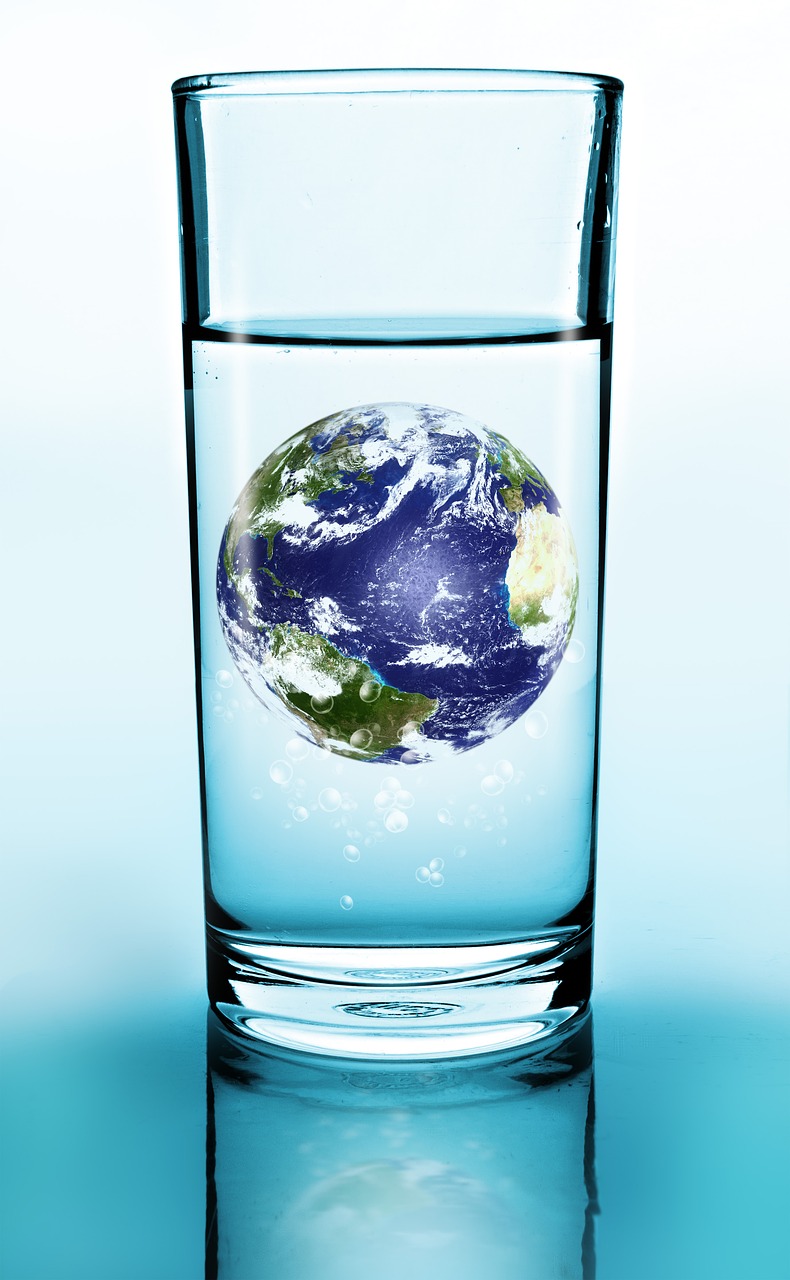
5 environmental projects that could help save the world
Whether you agree with the science or not, it’s pretty clear there’s something weird going on with our planet.
We’ve got the Arctic burning, plastics in every step of the food chain, more plastics in the oceans than fish and storms that are increasing in strength. Not to mention the Amazon burning at unprecedented levels, up an astounding 83% on last year and hurricane Dorian, which is one of the strongest to ever make landfall.
All of this and we’re using up resources faster than ever. This year’s Earth overshoot day, the day that we use up our annual natural resources budget is the earliest it has ever been.
The time available to us to actually do something meaningful to reduce our effects on the planet is quickly running out. Luckily there are some dedicated and innovate people on the planet that aren’t going to take it lying down.
In this post, I’m going to highlight five environmental projects which I think could help save the world. Some of them have made headlines, while others haven’t, but they are all doing something meaningful to help reverse the damage to our home.
The Ocean Clean Up
The Ocean Clean Up is an ambitious project that hopes to remove large swathes of plastic from the world’s oceans. They estimate that their technology can remove up to 50% of the Pacific Ocean garbage patch every five years and stop larger plastic breaking down to damaging micro plastics.
For the Love of Bees
Bees and other pollinators are critical to our survival. More than three quarters of all food stuffs on the planet rely on pollination, and it’s estimated that bees’ economic value is in the region of € 265 billion annually. Unfortunately the bees are dying – in Europe alone 45% of commercial honeybees have been lost since 2010.
For the Love of Bees is an Auckland-based collective that aims to help redress that balance. They help people create biological pollinator sanctuaries so that bees and other pollinators have safe havens where they can thrive.
Their website has loads of free resources as well as a list of environmental projects they’ve done to give you inspiration.
Forest Regeneration
Scientists have long suggested that global tree restoration is our most effective climate change solution. A recent study published in Science magazine supports this. The study looked at whether the planet could cope with a global forest regeneration programme and what impact it would have. They discovered that the planet could support an additional 0.9 billion hectares of canopy cover, which could store 205 gigatonnes of carbon in areas that would naturally support woodlands and forests.
There is an important caveat to this though. There are numerous projects around the world dedicated to this important task but not all of them are effective. Who knew that you need to plant the right kind of trees? Some projects are planting only fast growing species like Eucalyptus, which although commercially viable, are poor carbon absorbers and don’t provide good habitat for native species.
Rainforest Connection
Did you know that 50 – 90% of all logging is illegal? Rainforest Connection has built an acoustic monitoring system that passively monitors the rainforest and provides real time alerts and updates if unusual sounds are detected. This lets rangers stop the loggers in their tracks.
Individual Contributions
This post wouldn’t be complete if I didn’t mention what I’m doing to help both at home and at work. Initially I thought that there wasn’t much that I could do, after all I’m one person (three, if I rope my family in). Once I thought about it though, there was plenty that I could do and have done:
- We’ve replaced our lights with LEDs
- Removed single use plastic bags from our house. We use reusable cotton, paper bags and compostable bin liners
- Reducing food miles by purchasing in-season fruit and veg
- We’ve gone pesticide free in the garden
- Swapped our cleaning materials for eco-friendly versions
- Switch off electronics and lights that we aren’t using
- Recycle and reuse as much as possible
- Don’t buy any products with micro or nano beads
These are just small things, but even this little bit can have an impact. We’ve noticed a significant reduction in not just our general waste but our recycling box is also lighter. We’re also committed to do more to reduce our footprint further. We’re also looking at some small environmental projects around our home and garden that we can do with our son to get him interested in caring for the environment.
Here at Psoda, we’re doing a few small things and a few bigger things:
On the small side, we do very little printing, and I mean very little. We only have one box of (recycled) paper in the office and it’s been here since 2017. Out of 2000 sheets we’ve used approximately 50 and that doesn’t look like going up any time soon
We have an espresso machine in the office so we don’t buy takeaway cups of coffee. Our coffee supplier sends our coffee in recyclable bags
On the bigger side, company travel is kept to a minimum. We much prefer video conferences over flying to meetings. If we do have to fly, we offset the carbon where possible.
Our biggest environmental impact is from our infrastructure so that’s an area we’ve been working on to be more sustainable. We take advantage of co-location and use companies that are committed to sustainability. In fact, it’s one of our selection criteria.
We’re always looking for ways to be more sustainable at the office, so if you’ve got any ideas please do share them.
As always, if you’re looking for an awesome PPM tool to help you manage your projects, programmes and portfolios – environmental or not – then look no further than Psoda. Click on the free trial button to give it a go.


